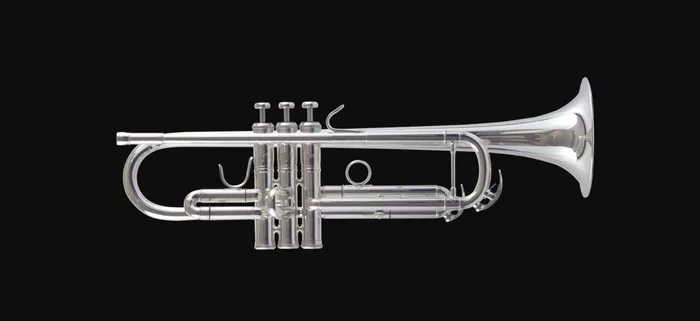In the world of musical instruments, the trumpet stands out as a versatile and dynamic instrument. Whether you’re a professional musician, a student, or an enthusiast, the decision to purchase a trumpet, especially a second-hand one, involves careful consideration of various factors. In this article, we delve into the intricacies of second-hand trumpets, exploring their value and shedding light on the factors that influence their price.
Understanding the Market Dynamics
The market for second-hand trumpets is diverse, with a wide range of options available to buyers. The price of a used trumpet can vary significantly based on factors such as the brand, model, condition, and age of the instrument. Recognizing these variables is crucial for making an informed purchase.
See Also: Mastering Lead Trumpet Playing in 10 Steps: A Complete Guide
Brands and Models: A Price Spectrum
One of the primary determinants of a second-hand trumpet’s value is the brand and model. Renowned brands with a history of producing high-quality instruments often command higher prices in the second-hand market. Models designed for professional players, such as those used in orchestras or jazz bands, may also be priced higher than student or intermediate models.
When exploring the market, it’s essential to research popular trumpet brands such as Yamaha, Bach, Conn, and King. Understanding the reputation and performance of specific models within these brands can guide your decision-making process.
Condition: A Critical Factor
The condition of a second-hand trumpet plays a pivotal role in determining its value. Instruments that have been well-maintained and are in excellent condition generally fetch higher prices. Buyers should inspect key components, such as valves, slides, and the overall structural integrity of the trumpet, to assess its condition accurately.
While some wear and tear are expected in used instruments, excessive damage or poor maintenance can significantly reduce the trumpet’s value. Buyers should be wary of dents, corrosion, and other signs of neglect that may affect the instrument’s playability and longevity.
Age: Balancing History and Wear
The age of a trumpet is another factor influencing its price. Vintage instruments, if well-preserved, may hold a certain charm and historical significance that appeals to collectors and enthusiasts. However, older trumpets may also exhibit more wear and require additional maintenance to ensure optimal performance.
Balancing the historical value of an older trumpet with its potential maintenance costs is crucial. Buyers should consider seeking the advice of experienced musicians or instrument technicians to assess the trade-offs between age and condition.
Research and Price Comparison: Empowering the Buyer
Before making a purchase, prospective buyers should invest time in research and price comparison. Online platforms, music stores, and specialty shops often feature second-hand trumpets for sale. Comparing prices across different sources can help buyers identify fair market value and negotiate effectively.
Furthermore, reaching out to fellow musicians, teachers, or online communities can provide valuable insights and recommendations. Word of mouth is a powerful tool in the musical instrument market, and personal experiences shared by other trumpet players can be invaluable in guiding your decision.
Negotiation and Appraisal: Ensuring a Fair Deal
When considering a second-hand trumpet, don’t hesitate to negotiate the price with the seller. Understanding the instrument’s market value, based on your research, empowers you to negotiate confidently. However, it’s crucial to be fair and realistic in your expectations, considering the instrument’s condition, age, and other relevant factors.
For added assurance, buyers may choose to have the trumpet appraised by a professional. A qualified instrument appraiser can assess the trumpet’s value objectively, taking into account its specific characteristics and overall condition.
Conclusion: Making a Sound Investment
In conclusion, the value of a second-hand trumpet is a nuanced interplay of various factors, including brand, model, condition, age, and market dynamics. By approaching the purchase with a well-informed mindset, buyers can navigate the second-hand market with confidence, ensuring that they make a sound investment in a musical companion that resonates with both quality and value.


